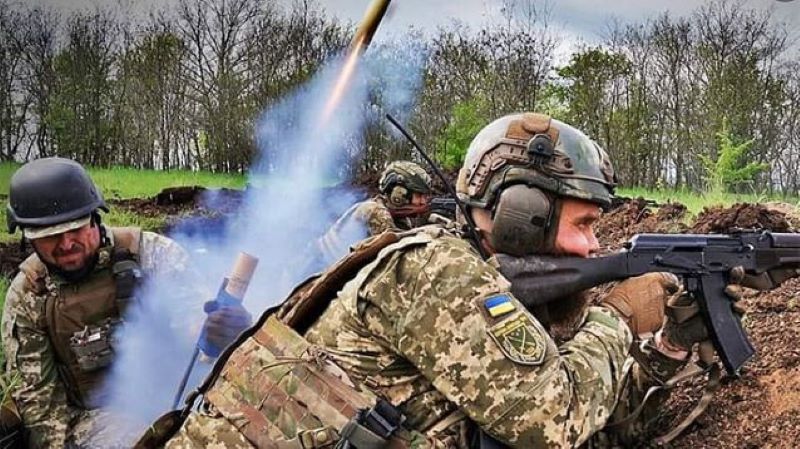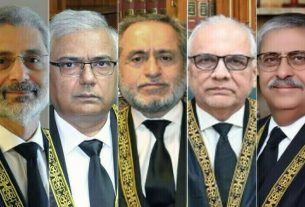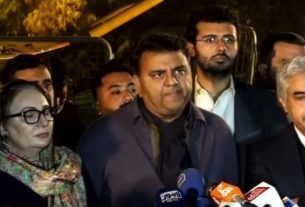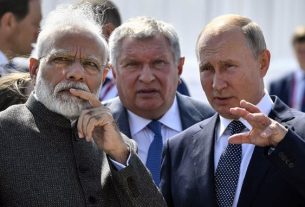WASHINGTON: President Joe Biden and British Prime Minister Keir Starmer have deferred a decision to allow Ukraine to use Western-supplied long-range missiles against Russian targets. The proposal had previously incited severe warnings from Moscow, suggesting such a move could lead to direct conflict with NATO.
Starmer, after a strategic discussion at the White House, stated that the meeting did not focus on any specific military capability. Initially, it was anticipated that Starmer would urge Biden to endorse the deployment of British Storm Shadow missiles to Ukraine. However, both leaders opted to revisit this issue at the upcoming U.N. General Assembly in New York, alongside a broader group of international partners.
Despite Russian President Vladimir Putin’s threats, Biden downplayed these remarks, expressing confidence that Putin will not triumph in the ongoing conflict. Nevertheless, Biden remains hesitant to provide Ukraine with U.S.-made ATACMS missiles, citing concerns over their limited strategic impact and the potential depletion of U.S. reserves.
The leaders also addressed the conflict in Gaza, emphasizing their unwavering support for Israel while urging a ceasefire and stronger measures to protect civilians. The U.S. has so far refrained from halting arms supplies to Israel, contrasting with Britain’s recent suspension.
Ukrainian President Volodymyr Zelensky criticized the West for its reluctance to supply necessary defense capabilities, accusing allies of fearfulness. He plans to meet with Biden later this month to present a strategy for concluding the prolonged conflict with Russia.
Tensions continue to escalate as Russia revokes credentials of British diplomats, accusing them of espionage, a claim the UK dismisses as unfounded. Russia’s U.N. ambassador has further warned that Western support for Ukraine’s use of long-range weapons could drag NATO into a direct conflict with a nuclear power.
Amid these developments, the international community watches closely as the U.S. presidential election approaches, a factor that could significantly alter the course of Washington’s policy toward Ukraine.





